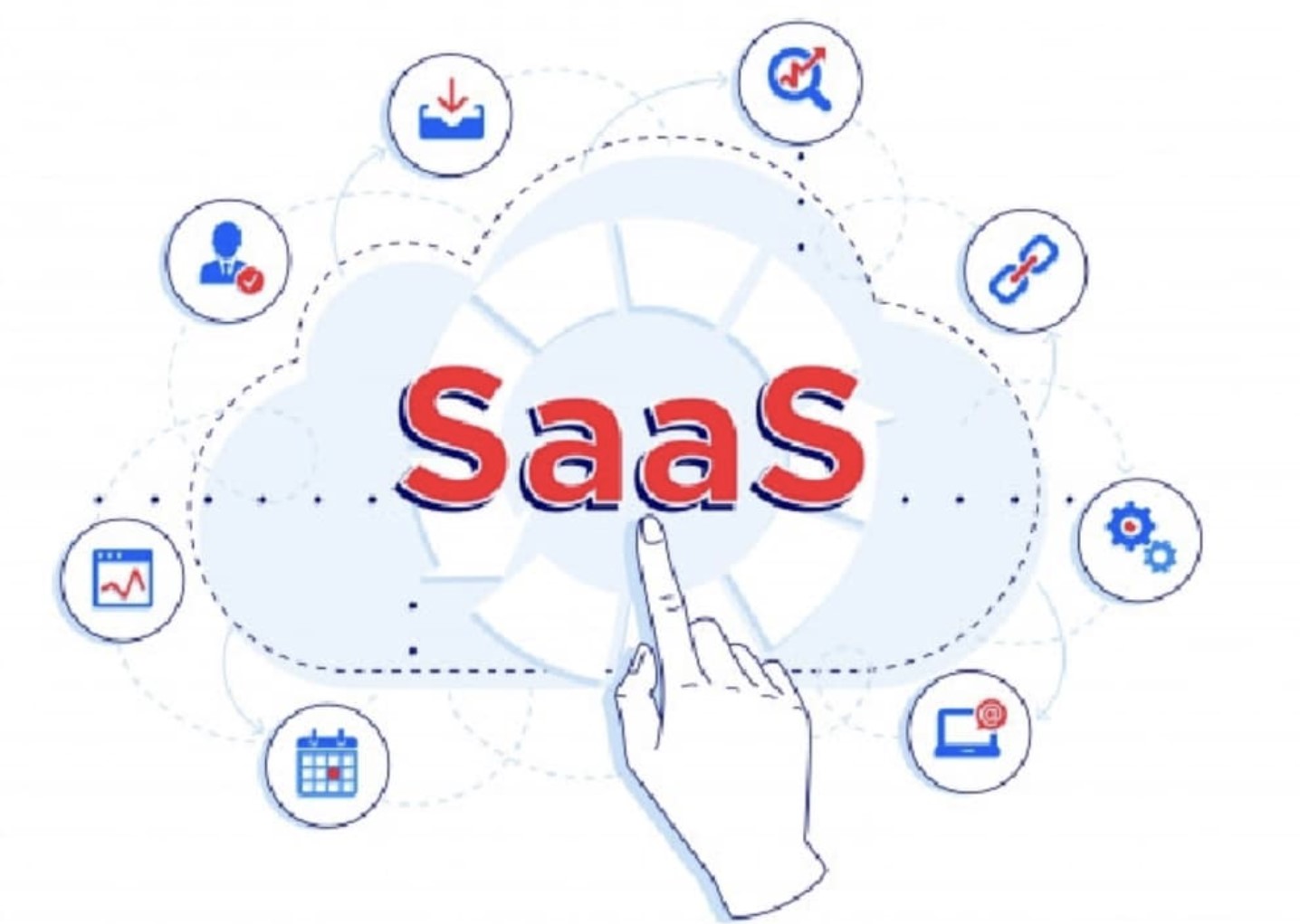In today’s competitive manufacturing landscape, efficiency and productivity are paramount. Manufacturers are constantly seeking ways to streamline their operations, reduce costs, and enhance overall performance. This quest for optimization has led to the widespread adoption of Manufacturing Enterprise Resource Planning (ERP) software.

Understanding ERP Systems
What is ERP?
ERP, short for Enterprise Resource Planning, is a comprehensive software solution designed to integrate and manage core business processes such as inventory management, production planning, human resources, finance, and more into a single system ERP stands for Enterprise Resource Planning. It is a type of software that integrates various core business processes into one unified system. These processes typically include things like inventory management, accounting, human resources, supply chain management, customer relationship management (CRM), and more. The main goal of ERP is to streamline operations, improve efficiency, and provide better visibility and control over business processes. By centralizing data and automating tasks, ERP systems help organizations make informed decisions, optimize resources, and adapt to changing market conditions more effectively.
Importance of ERP in Manufacturing
In the manufacturing industry, where operations are complex and multifaceted, ERP plays a crucial role in streamlining processes, improving visibility, and facilitating data-driven decision-making The importance of ERP (Enterprise Resource Planning) in manufacturing cannot be overstated. In the complex and fast-paced world of manufacturing, where efficiency and precision are paramount, ERP systems play a crucial role in streamlining operations and enhancing overall productivity. One of the key aspects of ERP in manufacturing is its ability to integrate various departments and processes within a single cohesive system. This integration eliminates silos of information and facilitates seamless communication and collaboration across the organization. For example, production planning, inventory management, procurement, quality control, and financial management can all be interconnected within the ERP framework, allowing for real-time data sharing and analysis.
Key Features of Manufacturing ERP Software
Manufacturing ERP software comes equipped with a range of features tailored to the specific needs of the industry Furthermore, ERP systems provide manufacturers with invaluable insights into their operations. By centralizing data from different areas of the business, ERP software enables organizations to gain a comprehensive view of their processes and performance metrics. This visibility empowers decision-makers to identify inefficiencies, pinpoint areas for improvement, and make data-driven decisions to optimize operations.
Inventory Management
Efficient inventory management is essential for maintaining optimal stock levels, reducing carrying costs, and preventing stockouts. ERP systems offer real-time visibility into inventory levels across multiple locations, enabling manufacturers to effectively manage their supply chain Another significant benefit of ERP in manufacturing is its role in enhancing supply chain management. With ERP software, manufacturers can effectively track and manage inventory levels, forecast demand, and coordinate logistics activities. This ensures that materials are available when needed, production schedules are optimized, and customer orders are fulfilled efficiently.
Production Planning and Scheduling
Production planning and scheduling modules within ERP software help manufacturers optimize production processes, allocate resources efficiently, and meet customer demand in a timely manner Production planning involves creating a blueprint for manufacturing activities based on factors such as customer demand, available resources, and production capacity. It entails forecasting demand, setting production targets, and establishing timelines for completing various tasks. Scheduling, on the other hand, focuses on allocating resources and assigning tasks to specific time slots within the production timeline. This includes determining when each manufacturing operation will take place, which machines will be used, and when workers will be scheduled to perform their tasks.
Quality Management
Maintaining high product quality is paramount in manufacturing. ERP systems include robust quality management tools that enable manufacturers to enforce quality standards, track defects, and ensure compliance with regulatory requirements Effective production planning and scheduling are essential for optimizing manufacturing processes and ensuring timely delivery of products to customers. By aligning production activities with demand forecasts and resource availability, manufacturers can minimize downtime, reduce production bottlenecks, and maximize the utilization of equipment and personnel. Furthermore, production planning and scheduling play a critical role in maintaining product quality and consistency. By establishing clear timelines and sequencing production tasks in the most efficient manner, manufacturers can minimize errors, reduce waste, and ensure that products meet quality standards.
Supply Chain Management
Effective supply chain management is critical for ensuring smooth operations and timely delivery of products. ERP software provides features for supplier management, procurement, and logistics coordination, enabling manufacturers to optimize their supply chain processes Supply chain management (SCM) is a crucial aspect of manufacturing and logistics that involves the coordination and optimization of all activities related to the flow of goods, information, and finances from raw material sourcing to the delivery of finished products to end customers. At its core, supply chain management encompasses the planning, execution, and control of various processes involved in sourcing, procurement, production, inventory management, transportation, and distribution. The ultimate goal of SCM is to ensure that products are delivered to customers in the most efficient, cost-effective, and timely manner while maintaining high levels of quality and customer satisfaction.
Financial Management
Financial management modules within ERP software help manufacturers manage budgets, track expenses, and streamline financial reporting processes. By centralizing financial data, ERP systems provide greater visibility and control over financial operations Financial management in manufacturing is a vital aspect of business operations that involves overseeing and controlling the financial activities of a manufacturing organization. It encompasses various processes, strategies, and tools aimed at optimizing the use of financial resources, managing risks, and achieving the company’s financial goals.
Benefits of Implementing Manufacturing ERP Software
The implementation of manufacturing ERP software offers a wide array of benefits for manufacturers ERP software integrates various business processes such as inventory management, production planning, procurement, and financial management into a centralized system. This streamlines operations by eliminating redundant tasks, reducing manual errors, and improving overall efficiency. ERP systems provide real-time visibility into key performance indicators (KPIs) and critical data across all departments and functions. This enables managers to make informed decisions, identify bottlenecks, and optimize processes for enhanced productivity and profitability.
Increased Efficiency and Productivity
By automating manual tasks, streamlining processes, and providing real-time insights, ERP software helps manufacturers operate more efficiently and achieve higher levels of productivity ERP systems provide comprehensive data analytics and reporting capabilities, enabling manufacturers to make informed decisions based on accurate, up-to-date information.
Cost Reduction
By optimizing processes, reducing waste, and improving resource allocation, ERP software helps manufacturers minimize costs and maximize profitability With improved production planning, inventory management, and order fulfillment capabilities, ERP systems enable manufacturers to deliver products to customers faster and more reliably, enhancing overall customer satisfaction.
Challenges in Implementing Manufacturing ERP Software
While the benefits of manufacturing ERP software are significant, implementation can pose challenges for manufacturers Resistance from employees to adopt new technologies and workflows can impede the successful implementation of ERP software.
Integration Issues
Integrating ERP systems with existing legacy systems and third-party applications can be complex and require careful planning and execution With manufacturing ERP software, organizations can better plan and schedule production activities based on demand forecasts, resource availability, and capacity constraints. This leads to more accurate production plans, reduced lead times, and improved on-time delivery performance.
Data Security Concerns
With the centralization of sensitive business data in ERP systems, manufacturers must prioritize data security to protect against cyber threats and data breaches ERP systems offer robust inventory management capabilities, allowing manufacturers to optimize inventory levels, minimize stockouts and overstock situations, and improve inventory turnover rates. This results in lower carrying costs, reduced waste, and improved cash flow management.
How to Choose the Right Manufacturing ERP Software
Selecting the right ERP software is crucial for the success of a manufacturing organization Start by assessing your organization’s specific business requirements, including your industry vertical, size, complexity, and unique processes. Identify the key functionalities and features that are essential for your manufacturing operations.
Vendor Support and Reputation
Selecting a reputable ERP vendor with a proven track record of successful implementations and reliable support services is key to a smooth implementation process.
Case Studies: Successful Implementation of Manufacturing ERP Software
Examining real-world examples of successful ERP implementations can provide valuable insights and best practices for manufacturers.
Conclusion
Manufacturing ERP software offers a powerful solution for streamlining operations, improving efficiency, and driving growth in the manufacturing industry. By leveraging advanced features such as inventory management, production planning, and supply chain optimization, manufacturers can gain a competitive edge and thrive in today’s dynamic business environment.


